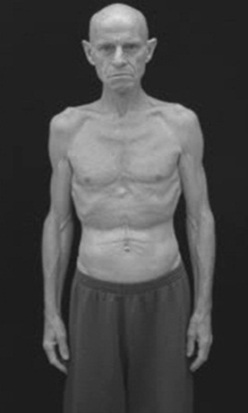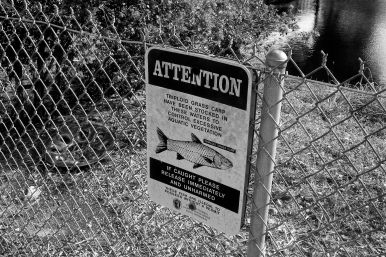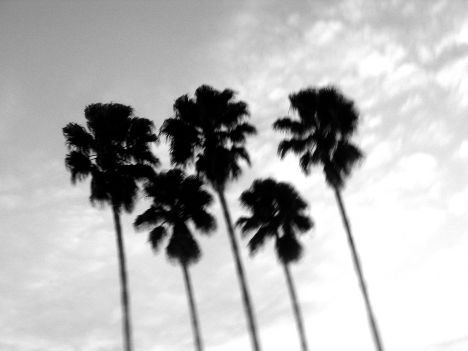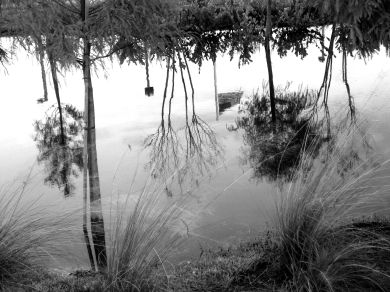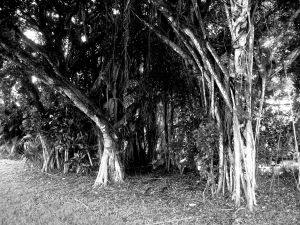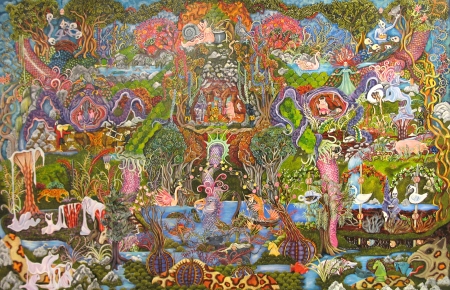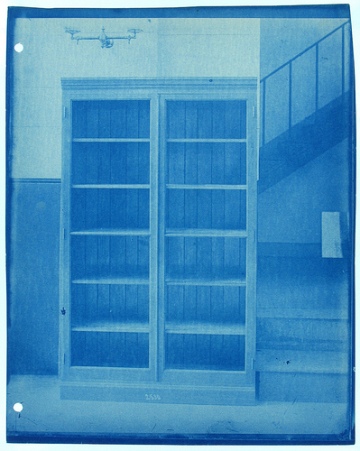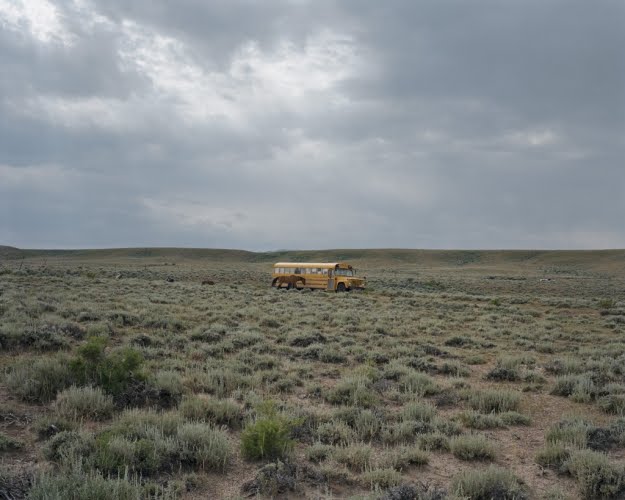I didn’t want to leave the blog so unfinished. The “okay, I’m good now, see you later page”. I thought that perhaps the first and last thing you see should have a little bit more weight. So, here is a short list of commands I have written for myself. Only myself. When I say ‘you’ I mean ‘me’. Not being prescriptive here, ok?
- Don’t shout, and don’t cause drama or commotion. And only say it if it is important.
- Assume that everyone is trying their best, even if they don’t always succeed.
- Look everyone straight in the eye. Do it with warmth. Don’t wear sunglasses. Two humans looking at each other is a powerful interaction. Don’t mess with that. Wear a hat if the sun is too much.
- Don’t ever assume that the minutiae and miniature dramas of your life are of any interest at all to other people. Keep them to yourself unless you’re directly asked about them.
- Walk whenever and wherever you can. Especially if the distance is less than a mile. There is really no excuse for not walking that kind of distance. Unless you are riding your bike, of course.
- When you walk look ahead or look up. Don’t look down, don’t look at a phone. Don’t shield yourself with music. Be there, and be fully aware of all that is going on. Look for beauty and look for things you haven’t seen before.
- When you talk to someone make sure your phone is switched off and in your pocket or at home. When you talk to someone, your only job is to listen, and to talk to that person.
- Don’t brag. Especially not with status updates, tweets or Instagram pictures. We’ve all created fake storefronts for our lives, and yet somehow believe that other people’s fake lives are real. Let’s not perpetuate this.
- Find ways of limiting the time on the internet. When you are on it, spend time digging deep into one subject rather than flitting from one random topic to another.
- Only ever go to events that mean something to you and that make you happy. Life is too short to show up merely to be seen, to impress, to fulfill an obligation.
- Don’t chase the latest film, book, band, TV program because it’s new, or just to be able to say “I saw that”. Watch, read and listen to what seems unusually promising.
- Every single day remember that the 21st Century was bought with the blood of the 20th Century. That our freedom rests on the graves of tens of millions of mostly young people who died without ever having a choice about it.
- Whenever something seems difficult, causing you to worry, remember that most things don’t matter. And will pass very soon, never to be remembered again.
- Don’t borrow money unless it is really, really important.
- Of your spare time, give a percentage over to helping others. Even if it’s just an hour a week.
- Before buying a pet, ask yourself whether there isn’t a way of giving the love and the money to a human instead.
- Speak your mind — with kindness and humility, not anger or spite.
- Don’t ever assume that your good health or good fortune is the product of your good habits, your virtue or your hard work, when in fact you were just lucky.
- For that reason, don’t prescribe those habits or behaviors to anybody else. You might well be wrong.
- Don’t strive for success. Success is a potential byproduct of doing something you are good at and/or that you enjoy. If you have found something that makes you happy when you do it you have already succeeded.
- Don’t worry about leaving a legacy. 99.9999% of us will be forgotten in just a couple of generations.
- Don’t spend too much time trying to please other people. Chances are they won’t notice. Or if they do, they’ll forget about it very soon.
- Pick up a crying baby. Life will batter us all soon enough.
- Sing every day, even if you don’t think you can sing.
- Don’t work for anyone or anything that makes the world a lot worse, even if it costs you money.
- Only buy the things that make your life better in some substantive way.
- Pay yourself in time. Work less if you can afford it, rather than making more money.
- Don’t vacation in other people’s misery.
- Don’t worry about what other people think about you. Chances are, they don’t at all. Or if they do they will soon forget you.
- Know who has gone before you. Know who your ancestors were, and what they were like. You are a product of and a response to all that has come before.
- Do at least one thing every week that isn’t part of your regular routine, physical or mental habits. Read, talk to, walk, experience something, someone, somewhere outside your bubble.
- Air is alive. It carries information and emotion. It tells you where you are, who you are with, what is going on around you. Only use air conditioning as a last resort.
















